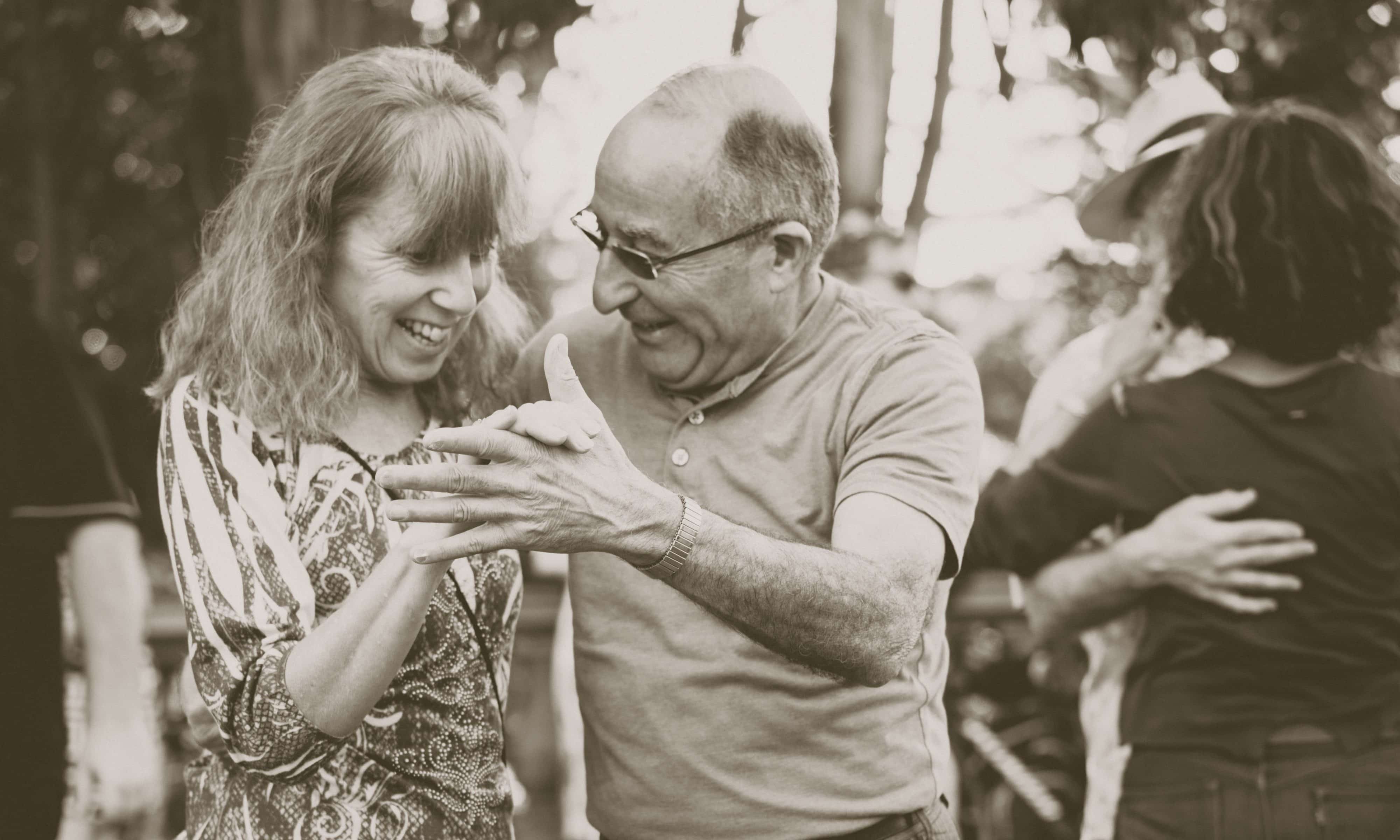By: Lisa Sandagata, MA, MT-BC, Music Therapy Institute
Music Conservatory of Westchester
Music of all types can be heard when visiting The Kensington White Plains, Assisted Living Community! Music is provided for the residents for a variety of different purposes, whether it be listening to a performance on the first floor or attending a music therapy group on the 4th and 5th floors, it’s clear that music is important to the residents and the management team and all Kensington team members are committed to using music to improve the residents’ quality of life.
For residents with dementia such as Alzheimer’s, music can be a lifeline, a vehicle for connection and a bridge to their memories and each other. Music touches each of us on a very personal level. We each have personal preferences and those preferences help residents connect to memories of significant events or simply one’s everyday life. What better way to share, with intention, music that can be precisely created to engage one’s body, mind and spirit!
Music can stimulate a person on many different levels and for this reason, music therapy has become increasingly popular with seniors. When aging adults are engaged in a musical activity like singing, moving to music or tapping simple rhythms, studies have found that the whole brain is active, right and left become stimulated and coordinated in an effort to help organize the whole person.
Music therapy is the clinical and evidence-based use of music interventions to accomplish individualized goals within a therapeutic relationship by a credentialed professional who has completed an approved music therapy program. Music therapy interventions are designed to promote wellness, manage stress, alleviate pain, enhance memory, improve communication and provide unique opportunities for interaction. Research supports the effectiveness of interventions in many areas such as facilitating movement and overall physical rehabilitation, increasing motivation to engage in treatment, providing emotional support for clients and their families, and creating an outlet for self-expression.
Music therapy treatment is efficacious with older persons who have functional deficits in physical, psychological, cognitive or social functioning. Research results and clinical experiences attest to the viability of music therapy even when one is resistant to other treatment approaches. Music is a form of sensory stimulation, which provokes responses due to the familiarity, predictability, and feelings of security associated with it. Because music therapy is a powerful and non-threatening modality, unique, positive outcomes are possible.
The wife of a man with severe dementia said, “When I was encouraged by a music therapist to sing to my husband who had been lost in the fog of Alzheimer’s disease for so many years, my husband looked at me and seemed to recognize me! On the last day of his life, he opened his eyes and looked into mine when I sang his favorite hymn. I’ll always treasure that last moment we shared together. Music therapy gave me that memory, the gift I will never forget.” (American Music Therapy Association.)
Dr. Oliver Sacks, at the Hearing before the Senate Special Committee on Aging entitled, “Forever Young: Music and Aging,” stated: “The power of music is very remarkable… One sees Parkinsonian patients unable to walk, but able to dance perfectly well or patients almost unable to talk, who are able to sing perfectly well… I think that music therapy and music therapists are crucial and indispensable in institutions for elderly people and among neurologically disabled patients.”
In the Memory Care neighborhoods at The Kensington, music therapy programs take place weekly and bi-weekly in group settings. Residents assemble for “music” for 45 minutes with the music therapist who uses music and singing as the “activity’ that the group shares, with residents requesting songs and commenting on the memories a specific song elicits. Memories from different times of one’s life can suddenly come to the forefront of one’s awareness and conversations begin. Reminiscence and memory recall generally create positive changes in emotional states, discussing these songs like “old friends”. Participating in these groups can help give a sense of control over one’s life as residents make decisions about song choices and conversations prompted from these songs. When family members and caregivers are present, they share these songs with their loved ones and the bond they share seems strengthened.
Music therapy has been included as part of The Kensington’s residents’ program in the 4th and 5th Memory Care neighborhoods since opening, for over eight years! Music therapists from the Music Conservatory of Westchester’s Music Therapy Institute have been providing their unique music Program since 2013. The Music Therapy Institute’s faculty are music therapists who all have a Masters’ Degree in Music Therapy and Board Certification through the Certification Board of Music Therapists. These therapists have developed special musical relationships with The Kensington residents, and come each week to help them re-connect with their memories and their music.
Music creates community and is a platform for so many beneficial results. Simply breathing deeply when singing allows for oxygen to enter the base of the lungs and be carried throughout the body. Moving your feet or tapping your legs gets your blood moving, improving circulation. Revisiting the soundtrack of your life in an active manner, being engaged with another in music, using music as a stimulus to promote relaxation and social connection, these are some of the benefits that are the focus of music therapy. These are the some of the reasons using music as therapy is so effective for the residents at The Kensington. Residents report that while other forms of rehabilitation focus on specific areas, i.e. gross and fine motor skills and communication skills, the music therapy sessions support their “spirit”!



